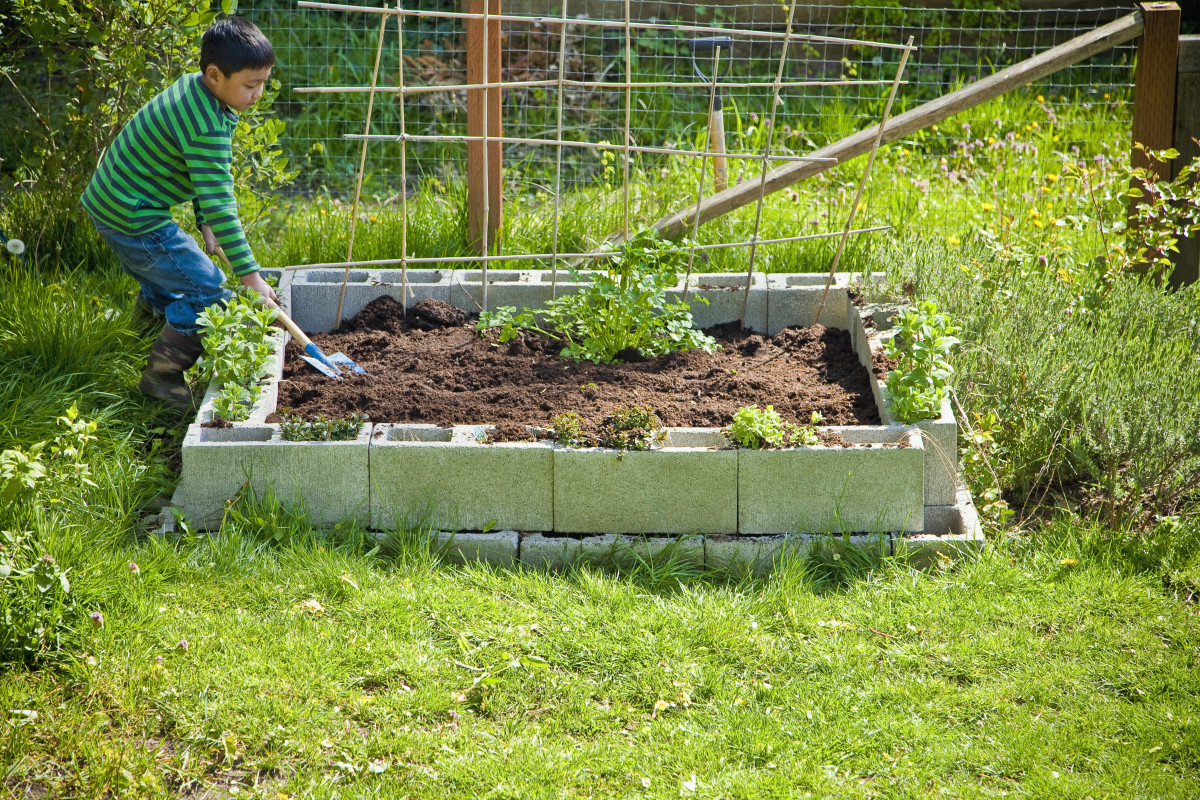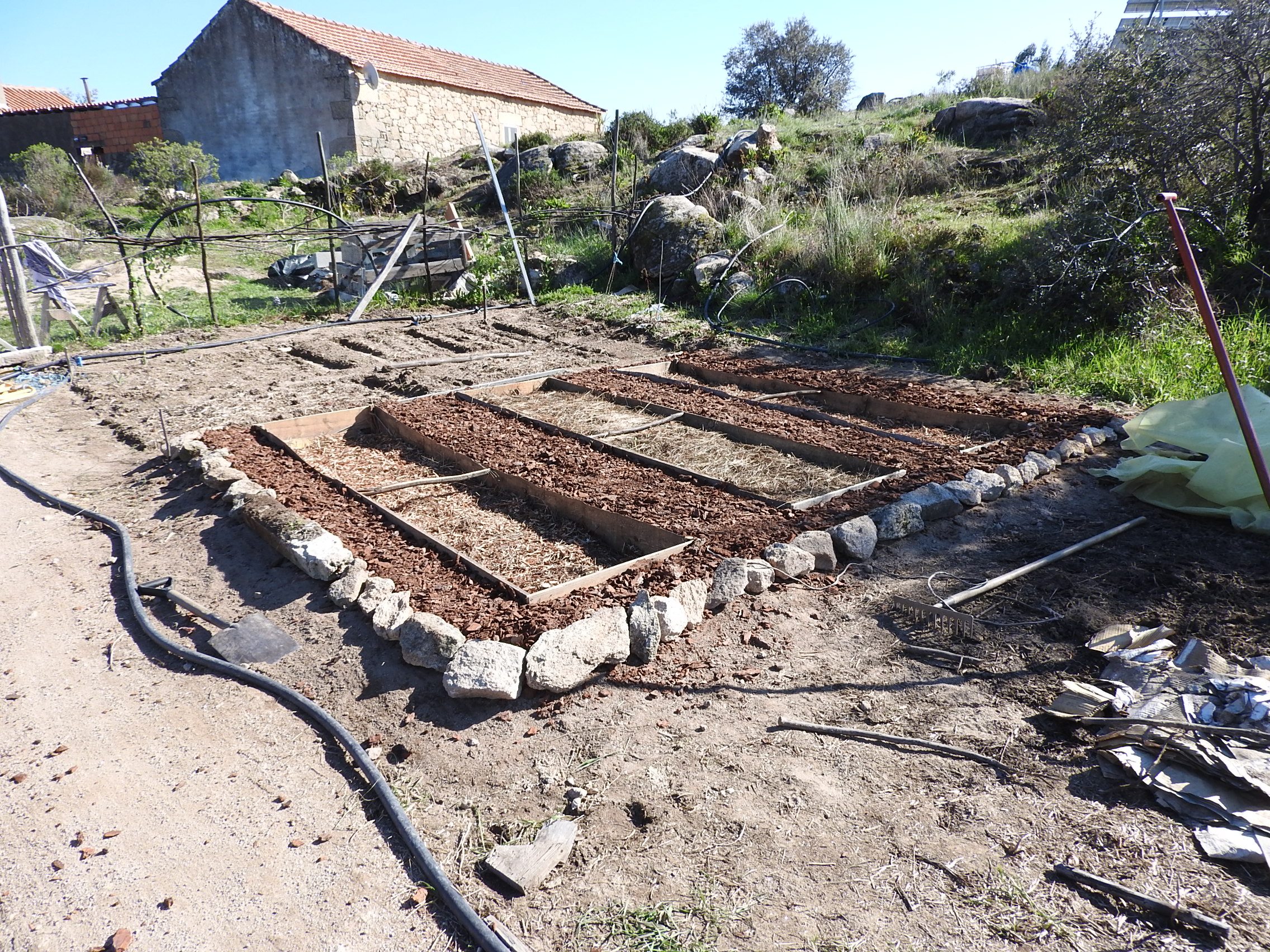
Sunken beds for water harvesting. House yard, Permaculture, Sunken bed
Nursery bed is defined as 'prepared area in a nursery where seed is sown or into which transplants or cuttings are put. Nursery beds are classified into seedling beds and transplant beds. Similarly, considering the nature of lands, there may two kinds of beds. They are:

Why a Nursery Bed Saves You Money & How to Make One Horticulture
The allure of a sunken garden in a backyard lies in its ability to create a distinct microclimate. Shielded from the bracing wind and retaining heat effectively, it becomes a paradise for plants.

Nursery Room Floor Plan
The Advantages of Sunken Beds. For gardeners in arid climates, sunken beds offer several advantages to raised beds and ground level beds. They are designed to capture maximum rainfall and retain moisture, so they dry out less quickly, keep roots cooler, and lessen the need for irrigation. Below grade walls also cast a small amount of shade.

Wicking beds work on the wonderful ability of water to defy gravity via osmosis, moving moisture
Fig. 2 shows a situation of raised beds between two sunken beds. Top of soil surface under sodic soil conditions may be treated as impervious barrier for water flow. Soil taken out from the bed.

Laying Out Nursery Structures LATIA AGRIBUSINESS SOLUTIONS
1 • Loosening the Soil. Loosening the soil with a broadfork is an efficient and ergonomic way to improve its aeration without having a detrimental effect on its structure. Good aeration is almost invariably good for soil that is intended for growing crops. Johnny's Broadforks. Aeration is a key first step.

Awesome room! "Just made this bedroom for my daughter with sunken bed, under floor storage
Sunken nursery bed: This type of bed is useful and prepared during winter season. This type of nursery is prepared 10 to 15cm downwards from the soil surface. The air blows across the surface of soil and the seedlings in sunken bed is not hit by the cool breeze of the air.

Sunken Beds
This term refers to an area of your garden that is lower than the surrounding ground level. This might be a lowered area for planting or an area for outside recreation that sits below neighboring.

Laying Out Nursery Structures LATIA AGRIBUSINESS SOLUTIONS
#diyFarming as a way of life! Emphasizing on Life on the farm, Farm hacks, DIY ideas, Rearing animals and Gardening.Join us - Let's grow togetherPlease share.

Top 35+ Free & Simple 2x4 Bunk Bed Plans with dimensions in 2019 Bunk bed plans, Build a loft
Adding compost also helps to hold moisture while adding a slow release of nutrients, and you can also top the bed off with a thick layer of mulch to prevent water from evaporating. When it comes to raised versus sunken beds, both have their benefits and their setbacks. It all has to do with working with changing climates and environmental.

Crib Parts Diagram diagram editor
3. Sunken nursery bed A newly prepared sunken bed. Photo: @Keela Yoga Farm Source: Facebook. This bed type is prepared during winter or in dry and windy areas. The bed has to be kept 10cm−15 cm below the ground level so that when the air blows across the soil surface, the seedlings in the bed are not hit by the cool breeze.

Pin on Sunken/ Waffle Gardens
Start by measuring a 6 ft. by 8 ft. (2-2.5 m.) area, digging as you would an ordinary sunken bed. Create twelve planting "waffles" approximately two feet square (0.2 sq. m.) - three waffles wide by four waffles long. Build berms or mounded hills between each planting area to create a waffle-like design.

How To Make Sunken Garden Beds Sunken garden, Garden beds, Garden planning
(i) Flat Nursery Bed:- It is prepared:- During spring-summer when there is no fear of rain. In areas where the soil varies from light sandy to sandy loam, there is no problem with waterlogging. The land proposed for the nursery is prepared by plowing well and mixed well with well-rotted FYM @ 10 kg per square meter.

Спрятался под кровать или под кроватью 81 фото
Types of nursery beds There are three main types of nursery beds: flat, raised or sunken. These beds can be in an open, under a screen shade or in a greenhouse. Potted seedlings can be raised on a flat bed or can be set into a sunken bed. In the case of a sunken bed, the basin-like excavation is about 1 m by 1 m and about 10 cm deep.
.jpg)
Bunk Bed by The DIY Plan Ana White
While both of these gardening methods are built in the same basic manner, the final results are completely different. In a raised-bed garden, soil is dug and improved and more soil is added, creating a long and narrow hill upon which the plants are grown. In the opposite sunken-bed garden, topsoil is dug and set aside, then deeper clay soil is.

Sunken Beds Permaculture Design Course Handbook Permaculture design course, Permaculture
In highlands, have a raised bed to encourage aeration and drainage while in dry areas, a sunken bed is ideal since it allows the conservation of soil moisture and prevents the seedlings from.

What Is A Sunken Bed Vs. What Is A Raised Bed Which Is Better
(Image credit: Getty Images) By Bonnie Grant last updated February 10, 2023 Deciding between raised beds vs. sunken beds really depends on your soil condition and region - and perhaps your personal preference too.